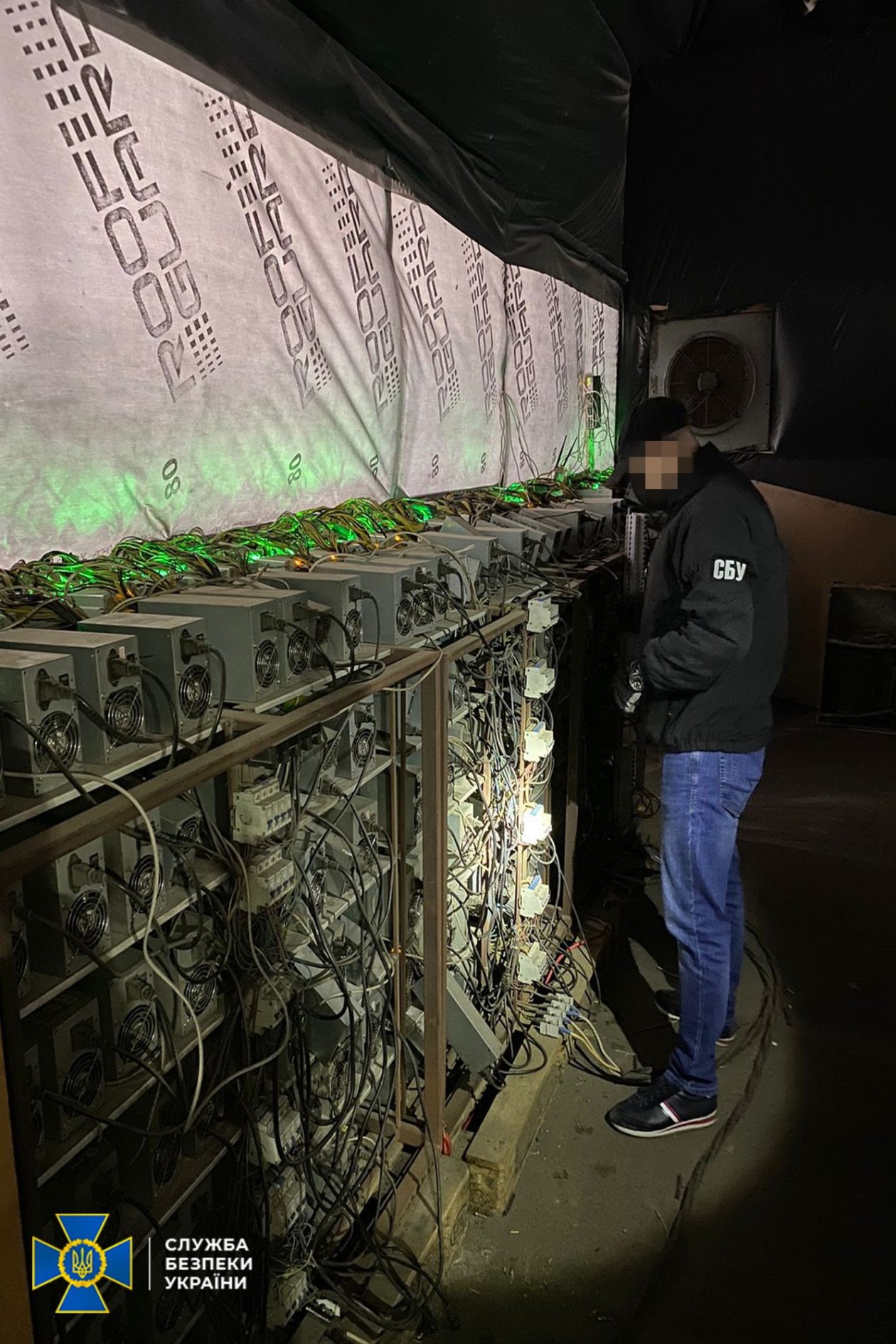Cryptocurrency mining is coming under more pressure around the world, as many frown upon the power and energy consumption of the traditionally energy-intensive sector.
The regulator in South China’s Hainan province is one of the latest to deal a blow to crypto mining. The Hainan provincial Development and Reform Commission said in a notice issued on Friday that it has officially classified crypto mining as an “outdated industry.”
Notably, the Hainan authority is increasing electricity prices for those who have carried out crypto mining activities, according to the notice.
The stepped-up scrutiny in the southern province that’s long been a popular tourist destination was part of the country’s ongoing clampdown on the sector. On Sept. 24, the National Development and Reform Commission (NDRC) — the country’s top economic planner — jointly issued a notice with 10 other authorities to wipe out crypto mining. The NDRC has also proposed to label the crypto mining industry as “outdated,” which could prohibit investments in the sector.
Last month, Wei Meng, an NDRC spokesperson, said at a press briefing that as part of the next step of the clampdown, the authorities would focus on raiding industrial clustered mining activities and those carried out by state-owned entities. If an entity is found to have participated in mining crypto, it could be subject to punitive electricity charges for future operations, according to Meng.
Meanwhile in Russia and Ukraine, regulators are tightening their grips on the sector. For example, an underground mining farm in Moscow that consumed 500,000 rubles (US$6,775) a day has been busted by Russian authorities, as reported by World Stock Market citing Russian news agency Tass.
On Friday, the Security Service of Ukraine (SSU) said in a statement that it has exposed a crypto mining firm in the Kiev region that was found to have stolen electricity worth 3.5 million hryvnias (US$128,000).
“The offenders connected to the power substation bypassing the meter and paid minimal sums for electricity,” the SSU said.
While authorities in Asia are increasing their scrutiny over crypto mining, a member of the U.S. Senate has expressed concerns over the climate change impact the industry could bring.
Last week, U.S. Senator Elizabeth Warren — who has been highly critical of the crypto industry in the past, calling it opaque, high risk and in need of regulatory oversight — sent a letter to Jeffrey Kirt, CEO of Bitcoin miner Greenidge Generation Holdings, to seek information on the company’s operation in upstate New York.
“Given the extraordinarily high energy usage and carbon emissions associated with Bitcoin mining, mining operations at Greenidge and other plants raise concerns about their impacts on the global environment, on local ecosystems, and on consumer electricity costs,” Warren wrote in the letter, pressing Greenidge, which produces power to mine Bitcoin itself, to reply with information including the company’s energy production and electricity consumption data by Dec. 17.
Warren added that although Greenidge has pledged to purchase carbon offsets, its facility in Dresden, N.Y., is “still putting hundreds of thousands of metric tons of carbon dioxide into the atmosphere that would not be emitted otherwise.”
The senator also urged Greenidge to elaborate on the measures it takes to protect wildlife in a lake where the company’s facility draws water to cool the turbines and discharges the heated water, according to the letter.
In response to the ongoing sustainability debate, Harry Sudock, vice president strategy of GRIID, a U.S.-based Bitcoin mining firm, said last month at a panel of the Bitcoin & Beyond Virtual Summit hosted by Forkast.News and AAX, that there’s a tremendous opportunity to “lower some regulatory burden and introduce enormous amounts of clean carbon-free baseload that nuclear provides unlike any other source.”
Samson Mow, chief strategy officer of Bitcoin technology company Blockstream, said at the same panel that energy consumption is a hot topic, and “there’s a lot of FUD [fear, uncertainty and doubt] in that arena, just people misunderstanding Bitcoin mining and even misunderstanding energy production and consumption that are leading to these kind of crazy headlines that Bitcoin is going to boil the oceans.”
“The bigger picture is really often missed because Bitcoin mining is a small percentage of energy consumption worldwide — like a fraction of a percent,” Mow said. “If we are dirty, then everything is very dirty, right? It doesn’t really matter if Bitcoin is 40% renewable, or 50%, or 60% or 70%. What about the other piece of the pie?”
Mow noted that at some point, Bitcoin mining is “infinitely sustainable.”






